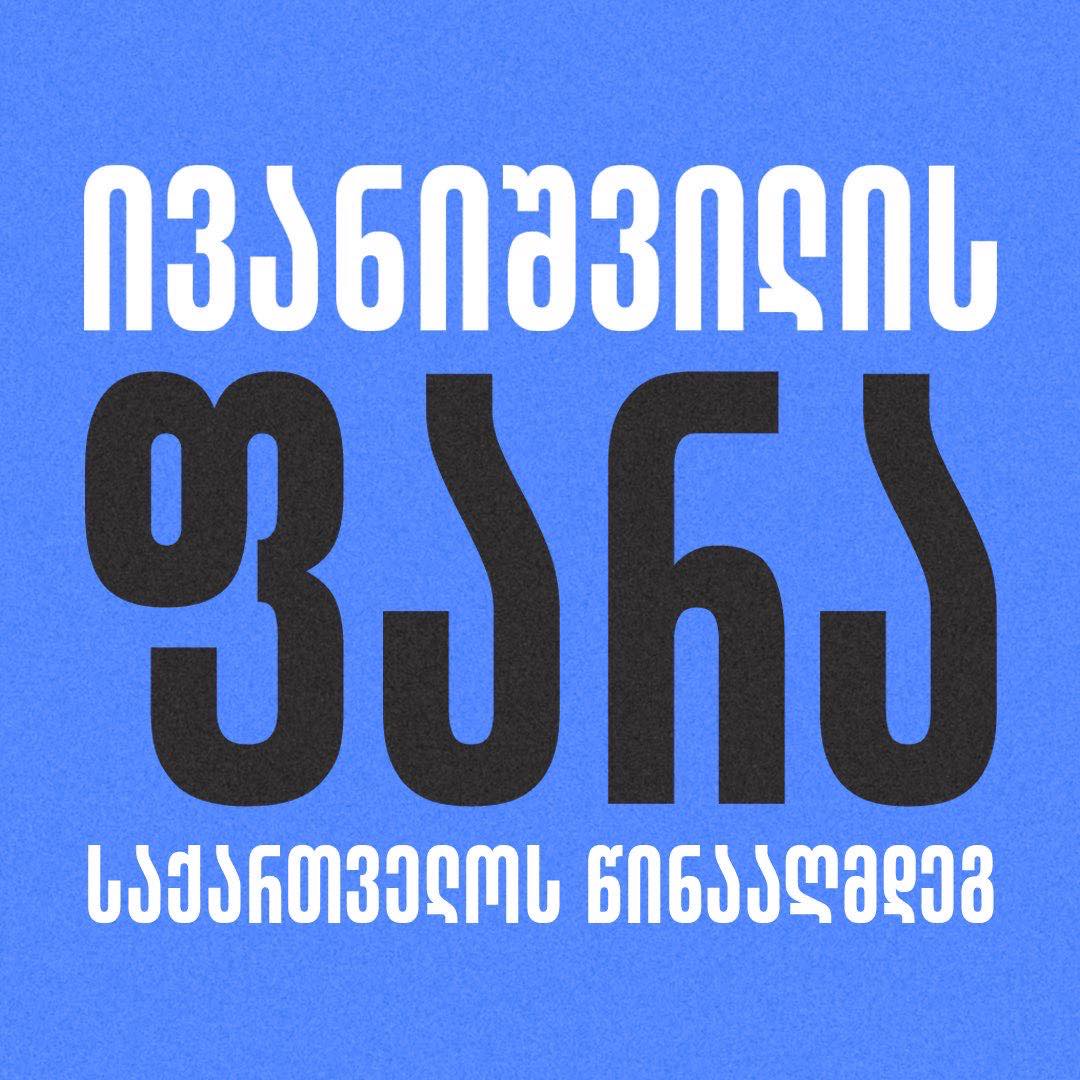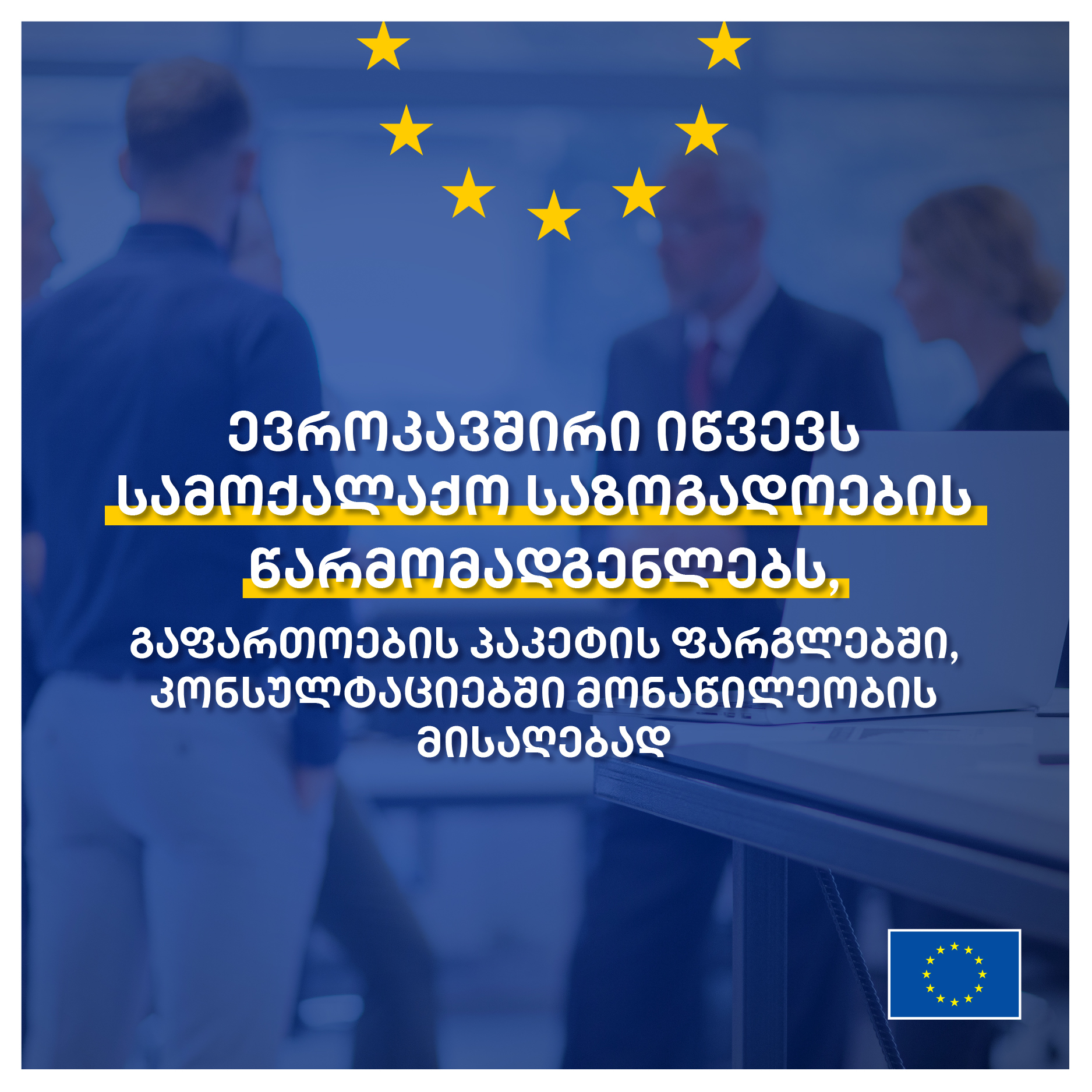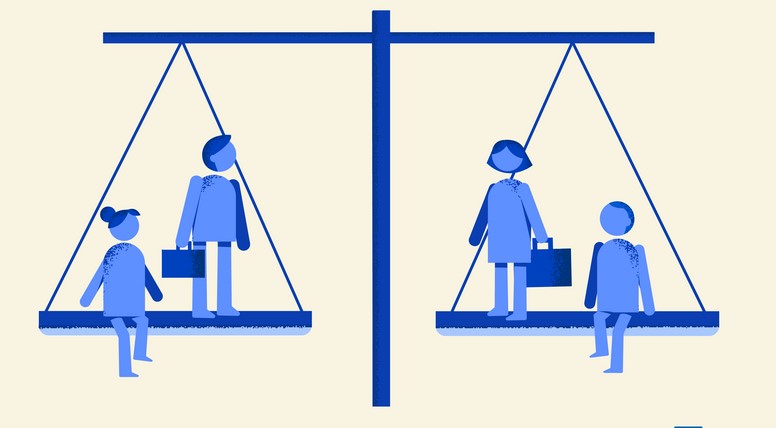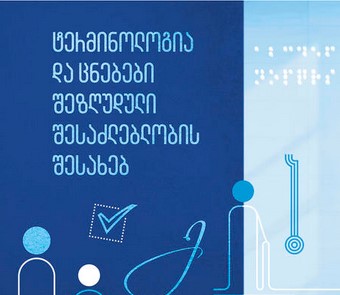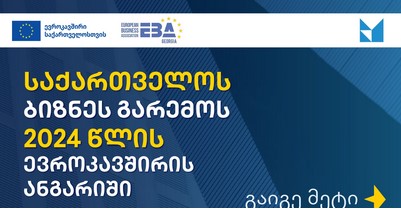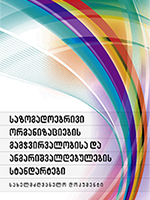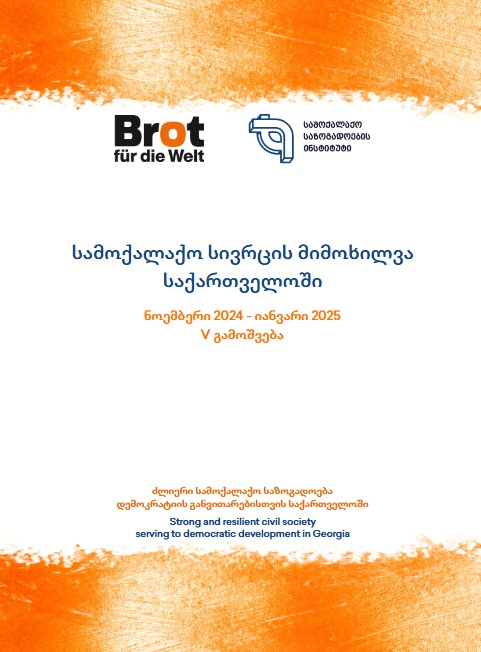Tackling coronavirus disinformation
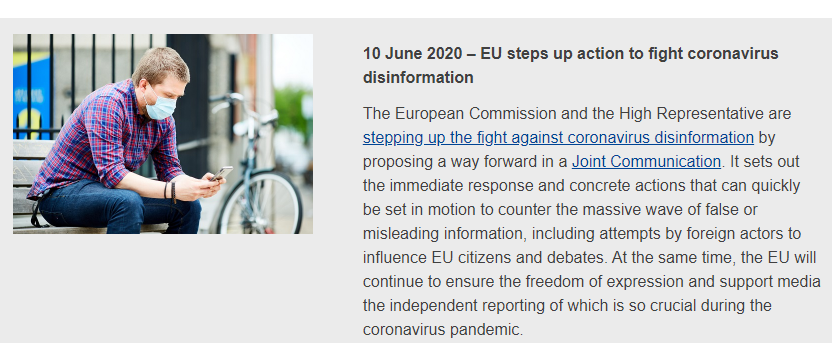
According to European Commission’s report the coronavirus pandemic has been accompanied by a massive wave of false and misleading information, attempts by foreign actors to influence domestic debates in the EU, breeding on the fertile ground of people’s most basic anxieties and the rapidly changing news cycle.
Misleading healthcare information, dangerous hoaxes with false claims conspiracy theories and consumer fraud endanger public health. False or misleading information around coronavirus can damage societal cohesion, but above all, it is a threat to public health.
False or misleading narratives come in different forms that require different responses.
•content may not be illegal as defined by law, but still harmful
•it can range from disinformation (defined as intentional) to misinformation
•it can include misleading healthcare information, consumer fraud, cyber-crime, illegal hate speech as well as targeted influence operations by foreign actors.
•the motivation behind it can range from economic gain (online scams) causing public harm, to political purposes
•foreign actors and certain third countries, in particular Russia and China, have engaged in targeted influence operations and disinformation campaigns in the EU, its neighbourhood, and globally.
False claims such as ‘drinking bleach or pure alcohol can cure the coronavirus infections’: on the contrary, drinking bleach or pure alcohol can be very harmful. Belgium’s Poison Control Centre has recorded an increase of 15% in the number of bleach-related incidents.
Conspiracy theories, such as the claim that coronavirus is 'an infection caused by the world’s elites for reducing population growth'. The scientific evidence is clear: the virus comes from a family of viruses originating in animals that include other viruses such as SARS and MERS.
Claims that '5G installations would be spreading the virus'. These theories had no specific substantiation and led to attacks on masts.
The EU needs to empower citizens, raise awareness and increase societal resilience. The EU will share best practices on resilience-building measures in the coronavirus context. The Commission will support and promote media literacy projects, critical thinking and digital skills, as well as civil society organisations. It will strengthen coordination among institutions, networks and Member States to share awareness-raising material and best practices. The Commission will pay particular attention to vulnerable groups, in particular children and young people, who face a higher risk of being misled.
Source: ec.europa.eu



